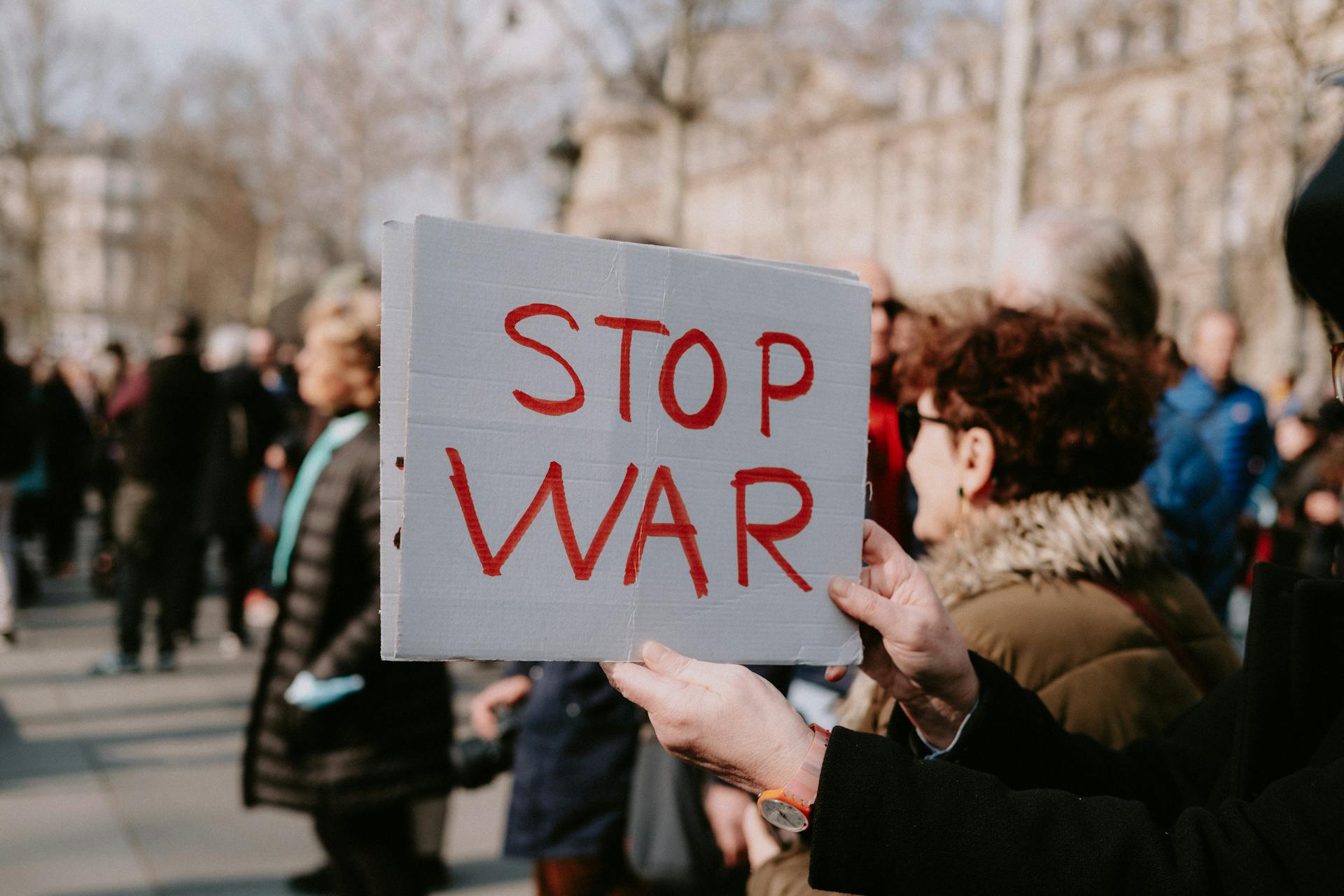The world watched with growing concern this week as two major conflicts captured headlines: the ongoing war in Ukraine and the recent escalation in the Israel-Palestine conflict.
Israel-Palestine: Deadly Airstrike and International Condemnation
In a tragic event that drew international condemnation, an Israeli airstrike on a refugee camp shelter in Gaza on February 22nd resulted in the deaths of at least 24 Palestinians, including women and children. The attack, which Israel claims targeted Hamas militants, sparked outrage across the region and beyond.
Qatar, a key mediator in the conflict, denounced the airstrike as “genocidal,” while the United Nations called for an independent investigation. The incident further strained already fragile relations between Israel and the Palestinians, raising fears of a wider escalation.
Russia-Ukraine War: Second Anniversary and Mounting Concerns
February 24th marked the somber second anniversary of the war in Ukraine. The conflict, which began with Russia’s invasion in 2022, has caused widespread devastation and displaced millions of Ukrainians.
The United States announced new sanctions against Russia following the recent death of opposition leader Alexei Navalny, further isolating the nation on the world stage. Meanwhile, concerns are rising about the potential for Ukraine to lose control of the entire Donbas region in eastern Ukraine.
Additional Global Concerns:
- A fire at an apartment building in China’s Nanjing tragically claimed the lives of at least 15 people.
- The US is considering imposing new sanctions on Iran after the nation implemented stricter internet regulations.
- A police officer in Australia faces charges for the murders of a TV presenter and his boyfriend.
- The UK and other NATO allies are grappling with the possibility of reinstating conscription as the war in Ukraine enters its third year.
These complex and evolving situations highlight the ongoing challenges to global peace and stability. As the world grapples with these issues, it remains crucial to seek diplomatic solutions, hold perpetrators accountable, and provide humanitarian assistance to those affected.
It is important to note that this is a brief overview, and further research is recommended for a comprehensive understanding of these complex and ongoing situations.
Deepening Crisis: Unpacking the Israel-Palestine and Ukraine Conflicts
The recent escalation in the Israel-Palestine conflict and the ongoing war in Ukraine continue to dominate global headlines, raising concerns about regional stability and international repercussions.
also, Check : Saudi princess speech on Israel-Palestine
Escalating Tensions in Israel-Palestine:
- Deadly Airstrike and Civilian Casualties: The Israeli airstrike on a refugee camp shelter in Gaza, resulting in the deaths of at least 24 Palestinians, including women and children, has sparked outrage and condemnation from the international community. The incident highlights the ongoing human cost of the conflict and raises questions about the proportionality of Israeli military actions.
- Stalemated Peace Process: The latest violence underscores the ongoing impasse in the decades-long Israeli-Palestinian peace process. Both sides accuse each other of obstructing progress towards a two-state solution, leaving Palestinians feeling increasingly marginalized and frustrated.
- International Response: The international community has called for an independent investigation into the airstrike and urged both sides to exercise restraint and de-escalate tensions. However, achieving a lasting solution requires addressing the root causes of the conflict, including the occupation of Palestinian territories and the denial of Palestinian rights.
Ukraine War Enters the Third Year:
- Second Anniversary and Renewed Fighting: As the war in Ukraine enters its third year, concerns are mounting about a potential escalation and further loss of life. Heavy fighting continues in eastern Ukraine, with fears that Russia might capture the entire Donbas region.
- Global Repercussions: The war has had a significant impact on the global economy, with rising energy prices and food insecurity affecting nations worldwide. Additionally, the conflict has strained international relations and raised concerns about the potential for wider geopolitical consequences.
- Diplomatic Efforts and Humanitarian Crisis: Despite ongoing international efforts to broker a ceasefire, a diplomatic solution remains elusive. Millions of Ukrainians have been displaced internally or fled the country as refugees, creating a massive humanitarian crisis requiring sustained international support.
Interconnected Challenges:
The ongoing conflicts in Israel-Palestine and Ukraine highlight the complex and interconnected nature of global challenges. Both situations involve issues of self-determination, territorial disputes, and the use of military force, prompting concerns about the potential for wider regional instability.
Moving Forward:
Finding sustainable solutions to these complex conflicts requires a multifaceted approach. This includes:
- Upholding international law and human rights: Ensuring accountability for violations and protecting civilians must be a priority.
- Engaging in meaningful dialogue: All parties involved must demonstrate a genuine commitment to peaceful negotiations and compromise.
- Addressing the root causes of conflict: Resolving underlying grievances and injustices is crucial for achieving lasting peace.
- Providing humanitarian assistance: Supporting those affected by the violence and ensuring their basic needs are met is essential.
The international community has a critical role to play in facilitating dialogue, promoting de-escalation, and supporting efforts to achieve lasting peace in both the Israel-Palestine conflict and the war in Ukraine. As these situations continue to evolve, sustained focus and collective action are necessary to prevent further suffering and build a more stable and peaceful future.


